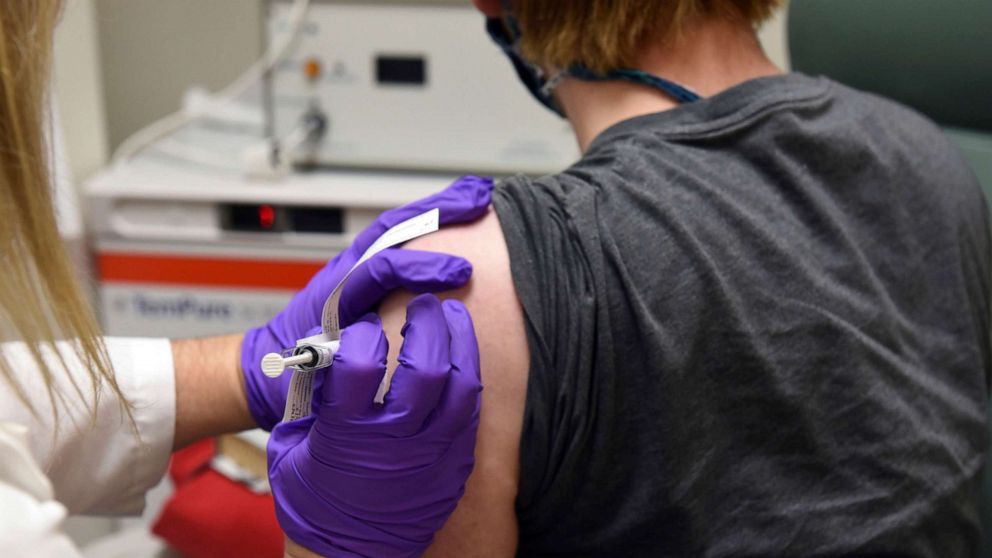
A crucial question remains unanswered, however: Is COVID-19 even subject to herd immunity.
While the world anxiously awaits a vaccine, the length and durability of the protective immunity it would provide is far more in doubt than one might think.
Herd immunity occurs when a sufficient proportion of a population is immune to an infectious disease -- either through prior illness or vaccination -- so that contagion from person to person is unlikely.
According to Johns Hopkins, 70%-90% of the population (230-300 million Americans) needs to develop protective antibodies to COVID-19 to achieve herd immunity.
Absent the existence of a COVID-19 vaccine, any reasonable extrapolation of the data -- even at half the current case fatality rate, means we will see a seven-figure body count that exceeds 5 million deaths before we can attain herd immunity.
How does a COVID-19 vaccine impact herd immunity?
There are three factors that determine if and how well a vaccine can safely bring us along to herd immunity without exposing individuals to the life-threatening consequences of the disease itself.
Fauci believes that for COVID-19, we are unlikely to get a vaccine that is more than 75% effective.
IgG antibody immunity to COVID-19 occurs through contracting SARS-CoV-2, or through a vaccine that produces an immuno-protective response.
In a scientific brief from April 24, the World Health Organization said, "there is currently no evidence that people who have recovered from COVID-19 and have antibodies are protected from a second infection." They described the notion of an acquired immunity from further infections of the disease for those who had already contracted the coronavirus an unproven and unreliable theory
The United Kingdom, Sweden and Brazil have each allowed herd immunity to inform their approaches to COVID-19 in one way or another -- with severe consequences
In mid-March, Patrick Vallance, the British government's chief scientific adviser, announced they were taking an approach to COVID-19 that would "build up some kind of herd immunity," but quickly reversed course due to fatal risks
Similarly, Sweden attempted to attain herd immunity through an approach that ultimately yielded the highest per capita death rates from COVID-19 in the world, with no measurable associated economic gain, according to the European Commisison
This study shows that even though Spain was one of the countries hardest hit by the virus, the presence of antibodies is still only around 5%, which is not high enough to achieve herd immunity.Â
Most experts say that herd immunity requires at least 60-70% of the population to have antibodies, though this number varies depending on the virus. Because of the toll that this degree of infection would take on the health care system and on the population, the safest way to achieve herd immunity would be through a widely available, widely utilized, effective vaccine
Fauci's concerns that antibodies appear to be limited in robustness, so it is unknown how significant or effective acquired immunity to COVID-19 may be
While it's still unclear whether or not a person can get infected with COVID-19 more than once, the limited durability of immuno-protective IgG antibodies may suggest an answer the world does not want to hear
